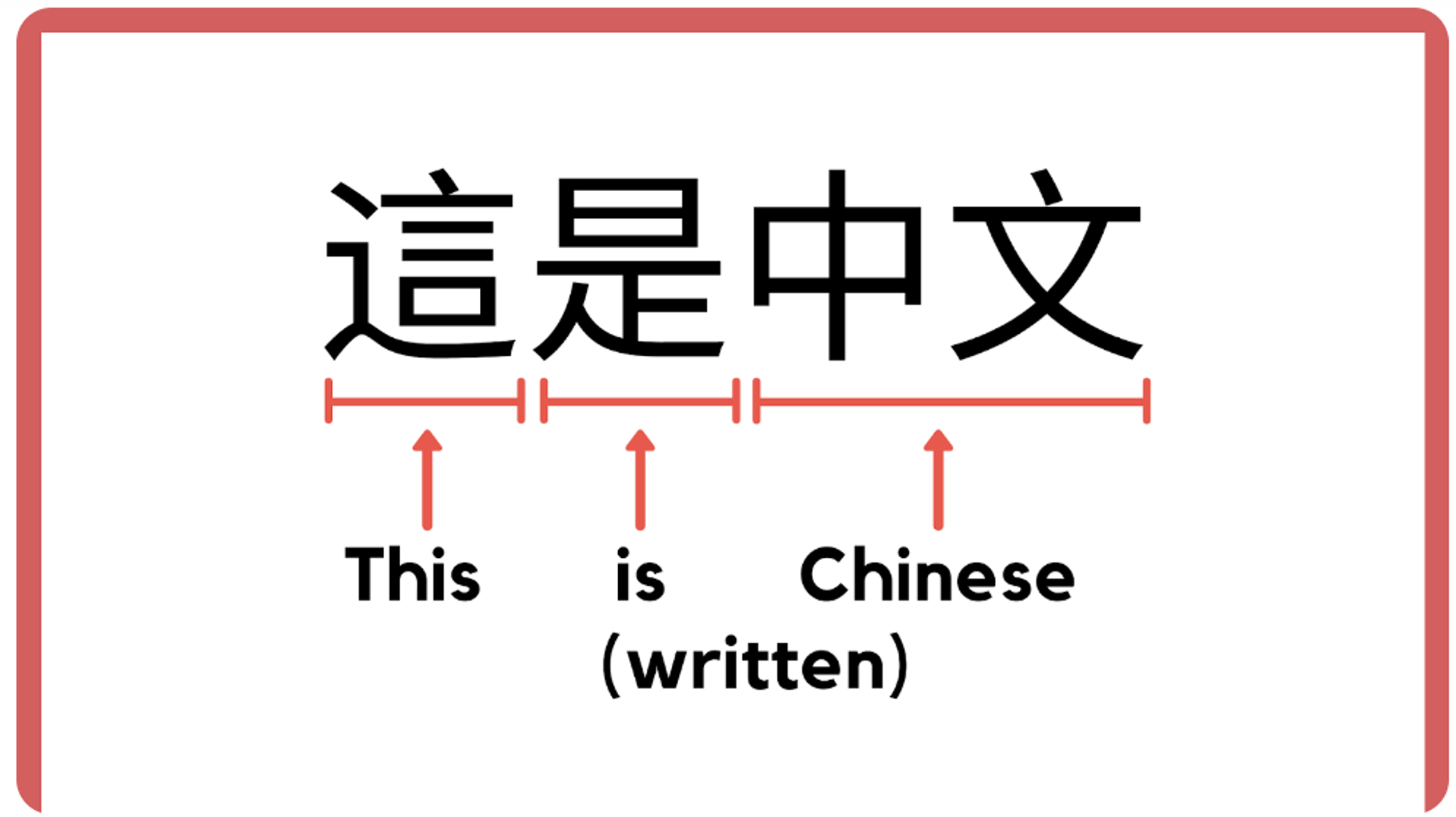Mandarine Term 4 Overviews

| Year Level | Term 4 |
| Prep | In Term 4, Prep students will explore the Chinese nursery rhyme "Shàngshān dǎ lǎohǔ" (Go up the Mountain to Hit Tigers), focusing on retelling the story and identifying rhyming words. They will compare and contrast this rhyme with Australian nursery rhymes to enhance their cultural awareness and appreciation for different literary traditions. Through storytelling, discussions, and fun rhyming games, students will develop their oral language skills and phonetic awareness, fostering a love for language that transcends cultural boundaries. |
| Grade 1 | In Term 4, students will be introduced to Chinese folktales, both realistic fiction and fiction. Students will learn high-frequency vocabulary and sentence patterns from the stories, they will also get to know more about Chinese culture through reading the stories. Students will understand that we read for different purposes, including for entertainment. They will apply their prior knowledge about story structure when listening to the stories. They will identify the beginning, middle, and end of stories as they read, and they will retell the stories using the summary they write in Pinyin or Chinese characters. Students will also participate in creative projects, including writing their own endings using Pinyin, to become familiar with using the language. |
| Grade 2 | In term 4, students will co-create the Chinese folktale Jǐngdǐzhīwā (Frog in the Well). They will explore the story’s moral lesson while identifying common Chinese characters and words in pinyin using contextual clues, and finding equivalent or similar words in English for familiar objects. Students will also learn key words and expressions through hand gestures, enhancing their understanding. They will collaborate with peers in learning activities and contribute to discussions. Additionally, they will create a storyboard to retell the folktale, expressing the story through both writing and drawings. |
| Grade 3 | In term 4, students are exploring through story-telling to communicate through post-cards. Students are going to use a range of relevant sentences to convey meaning and exchange information to express common phrases using Chinese Pinyin or Characters. Students are going to compare and contrast the different ways of writing a post-card. |
| Grade 4 | Term 4, students will engage in creating storyboards and writing simple stories using basic Pinyin. They will explore traditional Chinese fairy tales and folk tales, with a focus on the story of Shén Bǐ Mǎ Liáng (神笔马良). Through this activity, students will practice using Pinyin to construct sentences and narratives while becoming familiar with key characters and themes from Chinese folklore. This hands-on approach will help strengthen their reading and pracitise writing skills in Mandarin while introducing them to the rich cultural heritage of Chinese storytelling. |
| Grade 5 | In term 4, students will enhance their literacy skills by focusing on communication through letter writing to a pen pal. They will learn how to structure and create well-formed letters, expressing their thoughts and ideas clearly. Students will use laptops support writing the to draft and format their letters. They will also be introduced to basic sentence translation, allowing them to translate simple phrases between languages. This will help foster language development and provide practical experience in using digital tools for communication. |
| Grade 6 | In term 4, students will focus on building confidence through oral presentations and public speaking, with the option to present live or create videos. They will prepare and deliver a basic speech in Mandarin on a designated topic, practicing key language skills such as grammar, sentence structure, and correct tense. Through these activities, students will develop their ability to communicate effectively in Mandarin, while gaining experience in presenting ideas clearly and confidently in both written and spoken formats. This will also help boost their comfort level with using Mandarin in real-world contexts. |
| Year 7 | In term 4, students will expand their vocabulary and communication skills by learning essential classroom and school-related items in Mandarin. They will explore common school facilities and understand how to interpret and discuss a school timetable in Chinese, incorporating key terms for subjects and times.Students will also engage in conversations about their favourite activities and sports, matching the correct verbs with each sport, such as 踢 (kick) for soccer and 打 (hit) for basketball. Additionally, they will compare daily routines between different cultures, reflecting on how school and leisure activities vary in Chinese-speaking countries.A highlight of the term includes learning to navigate around a school camp, where students will practice giving and following directions using essential directional words such as 左 (left), 右 (right), and 前 (forward). They will also role-play scenarios in which they guide others to different locations, fostering practical language application.The term will conclude with a cultural comparison project, where students explore and present how school life in Mandarin-speaking countries contrasts with their own experiences, deepening their cross-cultural understanding. Students will develop their listening, speaking, reading, and writing skills through interactive lessons, role-playing, and inquiry-based activities. |
| Year 8 | In term 4, students will learn how to have conversations when shopping clothes in a Chinese store. They will engage in dialogues in Mandarin when shopping at a Chinese clothing store, including express the quality, material and color of the cloth they want, commenting on the quality, color, price, material of the product they pick and bargin with the onwer to have a cheaper price. Students will explore traditional Chinese clothing and fashion from a cultural perspective. By engaging in interactive activities, role-playing, and hands-on tasks, they will improve their language skills and cultural awareness, preparing them to confidently handle clothing shopping scenarios in Mandarin." |
| Year 9 | In term 4, students will explore Chinese pop culture through an inquiry-based approach. They will examine Chinese music, identifying traditional elements and how global music influences modern Chinese pop. Students will also study popular TV shows and cinema, compare them to international media, and analyse how culture and history shape themes and storytelling.Additionally, students will delve into traditional Chinese art forms like Beijing opera and ancient philosophies such as Confucianism, exploring their influence on modern society. The impact of technology on China’s economy and communication, including platforms like WeChat, will also be examined. Through research and presentations, students will reflect on how tradition and modernity coexist in Chinese culture today. |
